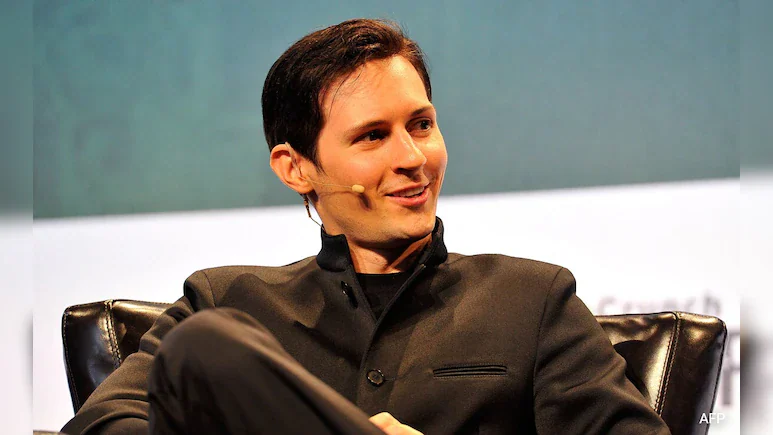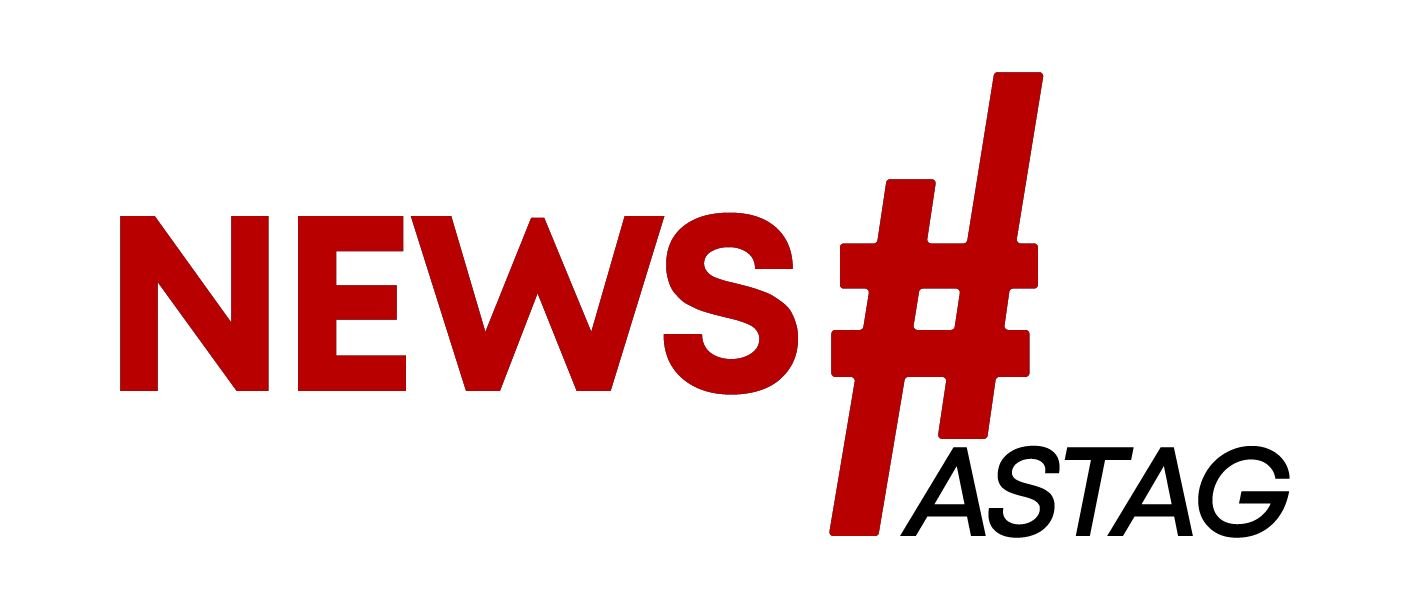The breaking news alert seemed almost too good to be true—a tech billionaire, finally held accountable, arrested by French authorities as he disembarked from his private jet. The world collectively exhaled a sigh of relief, as it appeared that justice was finally catching up with those who had long evaded it. However, the initial euphoria quickly gave way to disappointment when it was revealed that the billionaire in question was not Elon Musk, but rather his tech counterpart, Pavel Durov. Durov, the enigmatic founder of Telegram, an encrypted messaging app, shares more than just a passing resemblance to Musk in his lifestyle, ideology, and influence.
For those who have watched the rise of the tech elite with a mix of awe and trepidation, the parallels between Durov and Musk are striking. Both men embody the modern archetype of the tech titan: wealthy, influential, and seemingly untouchable. They represent a new kind of power, one that is unaccountable and operates outside the traditional structures of authority. From their diets of grass-fed beef to their fascination with extreme physical challenges like Wim Hof’s ice baths, they have crafted a persona that is as much about physical prowess as it is about intellectual dominance. This tech-masculine ideal is as much a product of social media algorithms as it is of their own making, creating a lifestyle that is aspirational for many but unsettling for others.
Musk and Durov also share a penchant for authoritarian figures, with Vladimir Putin being a particular favorite. Musk has been known to engage in phone conversations with the Russian leader, while Durov, despite claiming to have been exiled by the Russian government, received a surprising amount of support from Russian ministers after his arrest. This apparent contradiction only adds to the confusion surrounding these figures. Are they rebels against the state, or are they in cahoots with the very powers they claim to oppose? The truth, as is often the case with these men, is elusive.
Their shared belief in eugenics is perhaps the most disturbing aspect of their ideology. Both men seem to subscribe to the idea that their superior intelligence and genetic makeup should be propagated as widely as possible. Durov has reportedly fathered 100 children through sperm donation, while Musk has taken a more traditional route, having children with multiple partners, including employees. This belief in their own superiority is not just a personal quirk; it’s a fundamental part of how they view their role in the world. They see themselves as pioneers, leading humanity into a new era, whether we like it or not.
Last week marked a significant moment in the ongoing battle between these tech moguls and the traditional nation-state. For the first time, one of these billionaires was held accountable for his actions. Durov’s arrest was a watershed moment, signaling that even the most powerful tech leaders are not above the law. Yet, the reaction to his arrest highlighted the deep divisions in our society. While some celebrated the news, others saw it as an overreach by the state, a dangerous precedent that could stifle innovation and free speech.
Musk, for his part, was quick to weigh in on the situation, using his platform on X (formerly Twitter) to shape the narrative. With nearly 200 million followers, Musk’s voice is one of the most powerful in the world, and he wasted no time in portraying Durov’s arrest as a grave injustice. He positioned himself as a defender of free speech, railing against what he described as the “unelected pseudo-judge” who had ordered the shutdown of X in Brazil. The ban, which affected the platform’s fourth-largest market, was not about free speech, Musk claimed, but rather a politically motivated attack on his company.
However, the reality is more complex. The Brazilian judge’s order was not about stifling free speech, but about enforcing the rule of law. Musk’s refusal to comply with a court order was seen as a challenge to the authority of the state, a move that could have far-reaching consequences for the future of governance in the digital age. This wasn’t just a clash between a tech CEO and a single nation; it was a broader confrontation between the borderless world of the internet and the traditional structures of state power.
As the dust settles, it’s clear that the implications of these events will be felt for years to come. Durov’s arrest and the Brazilian ban on X represent a turning point in the relationship between tech companies and the state. It’s a reminder that, despite their immense power, these companies are not invincible. They are subject to the same laws as everyone else, and when they break those laws, there will be consequences.
Yet, the question remains: who will control the narrative in this new world order? In the battle for truth, Musk has a significant advantage. His control over X allows him to shape the conversation, to decide which voices are amplified and which are silenced. His version of events is the one that reaches millions of people, shaping their perceptions and influencing their beliefs. In this sense, Musk is not just a participant in the battle for truth; he is the referee, the one who decides what is true and what is not.
This power to control the narrative is perhaps the most dangerous weapon in Musk’s arsenal. It allows him to present himself as a champion of free speech, even as he silences his critics through lawsuits and other forms of intimidation. It allows him to portray his actions as principled stands for freedom, even when they are motivated by self-interest. In this world, truth is not an objective reality but a commodity, something to be bought, sold, and manipulated.
Musk’s influence is not just a product of his wealth or his control over X; it’s also a result of the way he has positioned himself in the public imagination. He has cultivated an image as a maverick, a visionary who is unafraid to challenge the status quo. This image resonates with many people, particularly in a time when trust in traditional institutions is at an all-time low. Musk’s followers see him as a hero, someone who is fighting against the forces of censorship and oppression.
But this narrative is a carefully constructed illusion. The truth is that Musk is not a champion of free speech, but a master of manipulation. He uses his platform to spread misinformation, to attack his critics, and to advance his own interests. His actions are not motivated by a desire to protect freedom, but by a desire to maintain and expand his power.
As we move further into 2024, it’s becoming increasingly clear that this is Musk’s world, and we’re all just living in it. The lines between truth and fiction, between reality and illusion, are becoming ever more blurred. In this world, the loudest voice, not the most accurate one, wins. And right now, Musk’s voice is the loudest of them all.
The arrest of Pavel Durov and the showdown in Brazil are just the latest chapters in this ongoing saga. They are signs that the battle for control over the digital world is far from over. But they are also reminders that, in this battle, the truth is often the first casualty. As Musk continues to expand his influence, it’s up to the rest of us to decide whether we will accept his version of reality or fight for a world where truth still matters.




